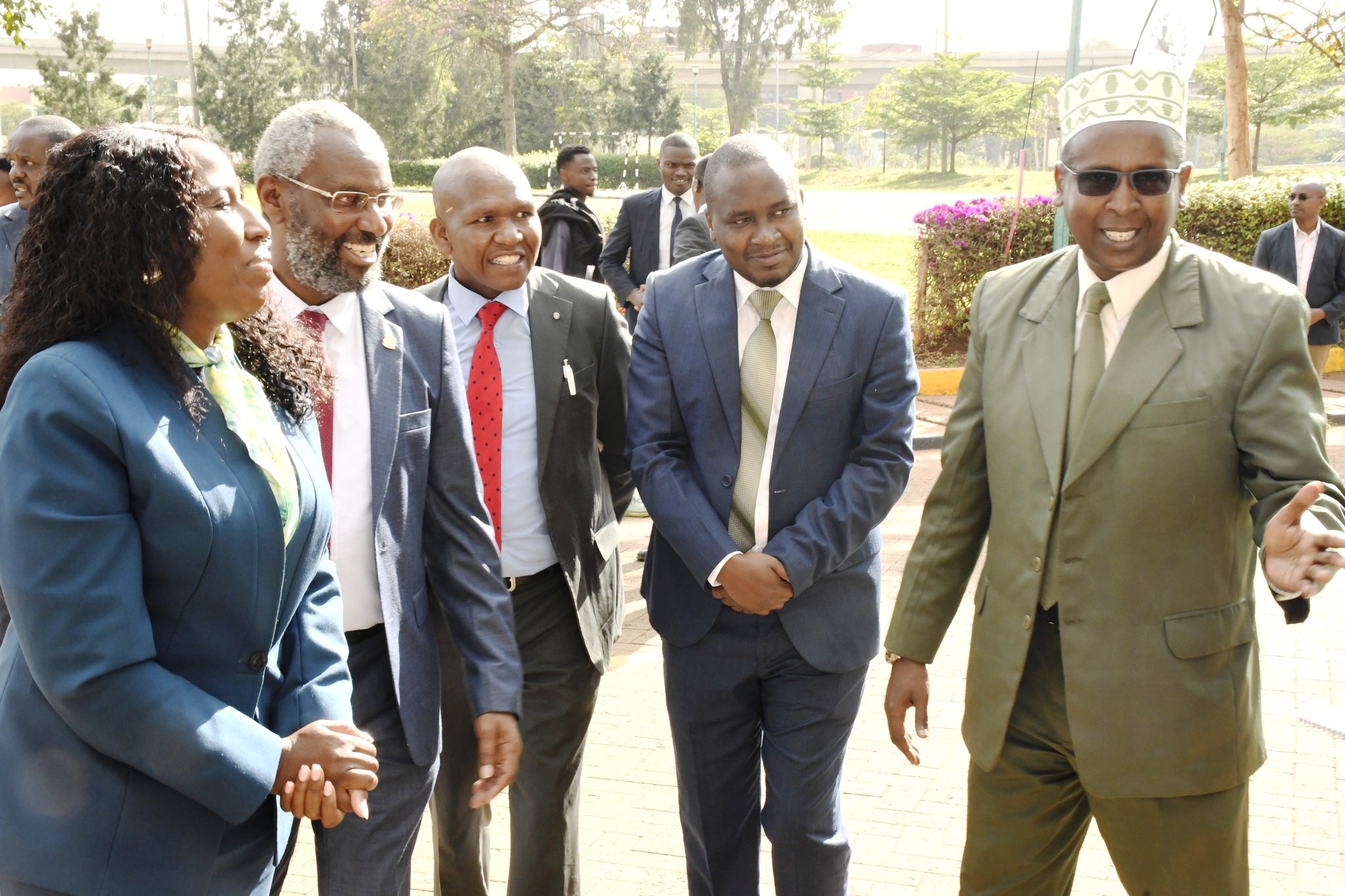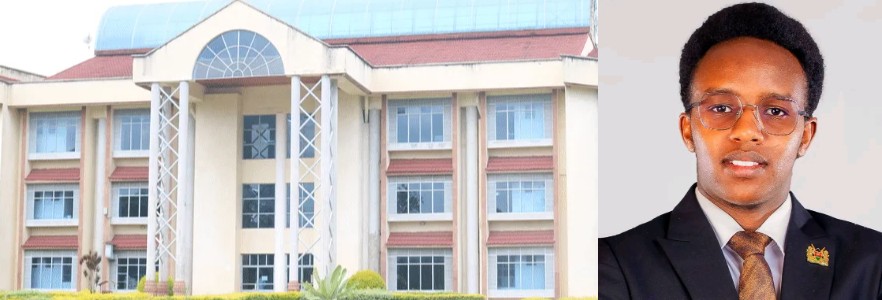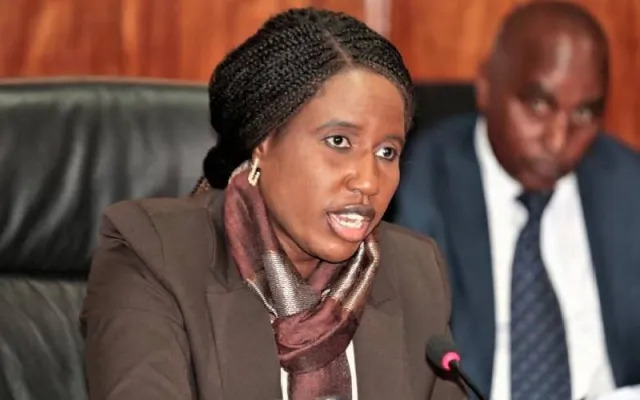University and college leaders have officially endorsed a plan by Universities and College Students’ Peace Association of Kenya (UCSPAK) aimed at addressing frequent strikes within these academic institutions.
This endorsement followed a five-day workshop attended by administrators, during which they unanimously approved six key areas of focus for the association’s activities over the next five years.
The workshop, held at the University of Nairobi, was inaugurated by Dr. Beatrice Muganda Inyangala, the Principal Secretary of the State Department for Higher Education and Research.
UCSPAK’s CEO, Allan Chacha said that the administrators have committed to prioritizing peace and security within the academic environment, encouraging active student involvement in order to avoid recurrence of student strikes.
Additionally, he noted that they have endorsed efforts to empower students economically, enabling them to manage their finances effectively, including government-provided loans.
“Furthermore, students are to play a crucial role in contributing to environmental sustainability and combating climate change, with a mandate to plant five trees per semester,” Chacha explained.
The administrators also emphasized the need to enforce structures that bolster student organizations and safeguard the voices of students, ensuring they are heard and respected.
UCSPAK intends to hold a final meeting with its development partners to update them on the progress before implementing the strategic plan.
Reportedly, student leaders, who actively participated in the forum, were given an opportunity to engage with the plan and share their perspectives.
The new strategic plan is scheduled to be officially launched during the 6th Annual Student Leaders’ Summit, under the patronage of Kenya’s First Lady, Rachel Ruto.
Chairperson of the UCSPAK Advisory Group of Eminent Persons (AGEP) Professor Chacha Nyaigotti Chacha, expressed confidence that this strategic plan would enhance the quality of education within the country’s higher educational institutions.
He emphasized that specific measures, such as maintaining quality academic programs, ensuring the availability of lecturers, providing suitable accommodation and dining facilities, and allowing students to carry out their activities without external interference, were vital components in the avoidance of student unrests in these institutions.
By Obegi Malack
Get more stories from our website: Education News
To write to us or offer feedback, you can reach us at: editor@educationnews.co.ke
You can also follow our social media pages on Twitter: Education News KE and Facebook: Education News Newspaper for timely updates.
>>> Click here to stay up-to-date with trending regional stories






